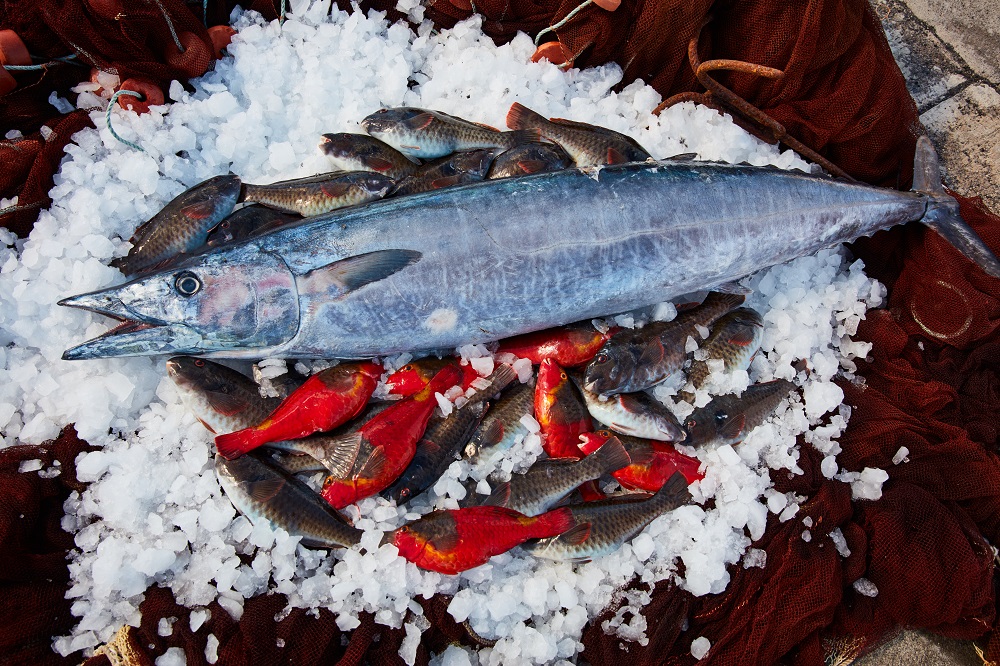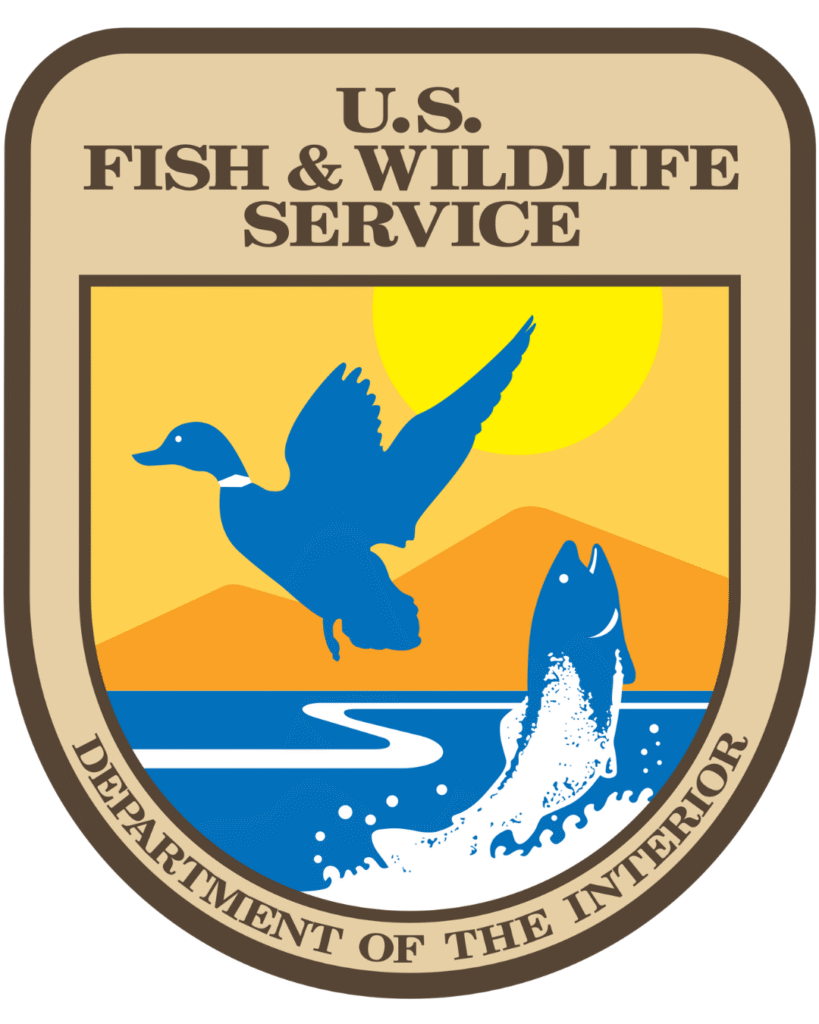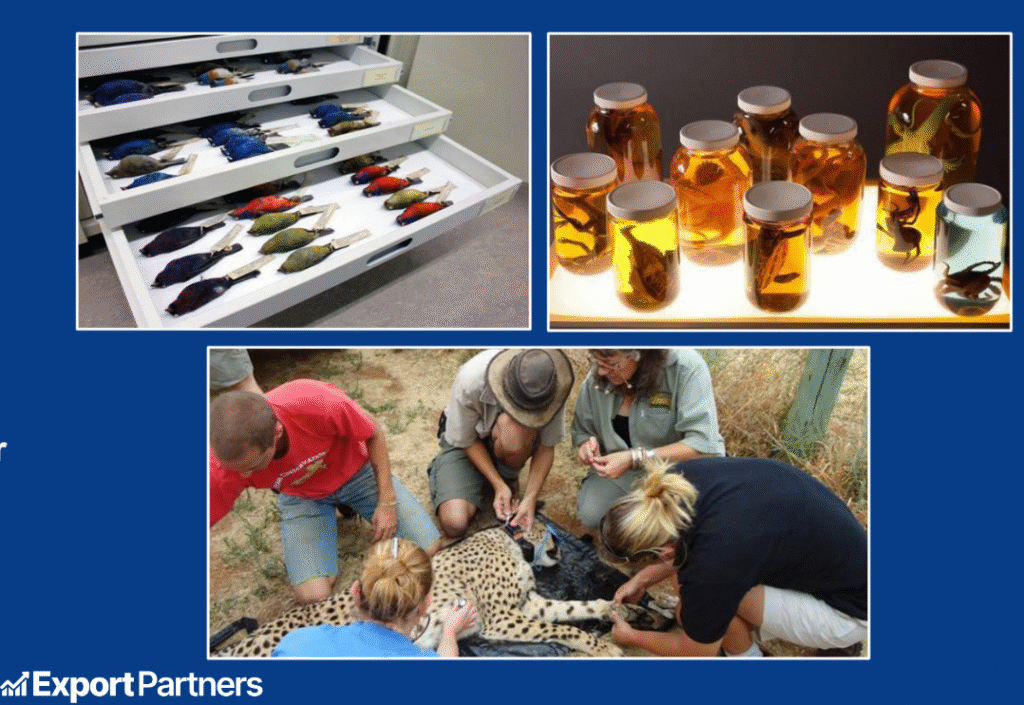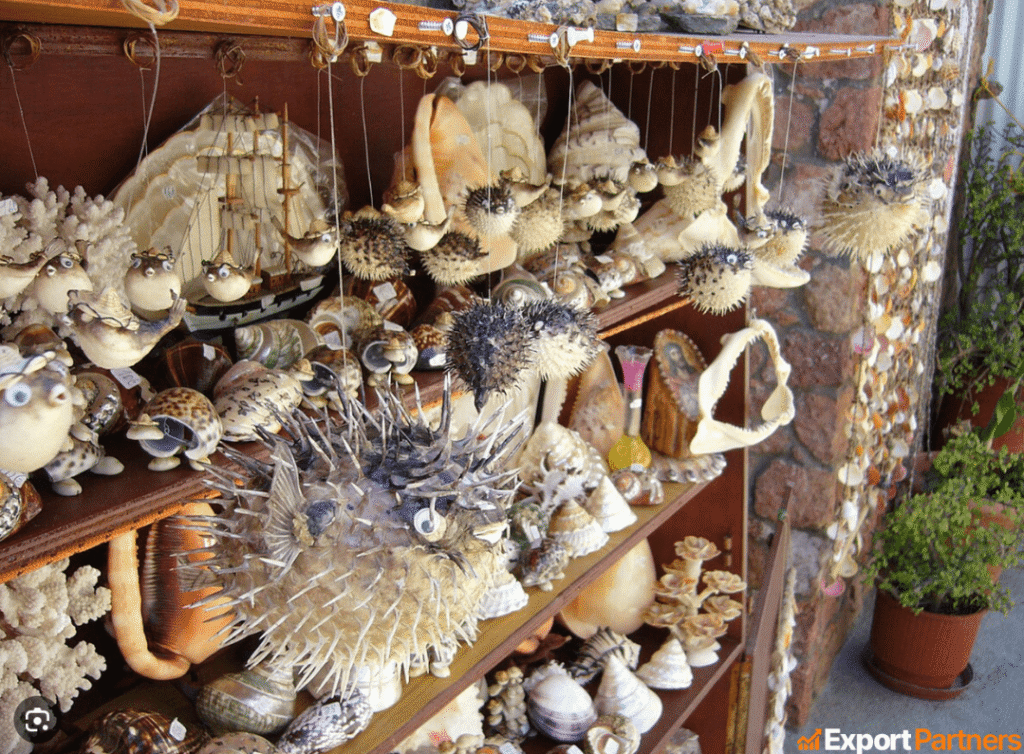
One of the most important regulations for companies wishing to export products of animal origin, fishery products, products derived from wildlife, or products covered by certain environmental protections to the US U.S. Fish & Wildlife Service (FWS) is an Import/Export License issued by the Ministry of Trade.
This license requires that products entering the US meet not only commercial quality standards, but also environmental, biodiversity and legal hunting/harvesting rules.
Why is the FWS Import/Export License Important?
- Legal Requirement: For many products arriving at US Customs (CBP), entry is not possible without FWS approval. In particular, products of animal origin (leather, fish, shellfish, etc.) are considered within this scope.
- CITES Compliance: Under CITES, the international convention regulating trade in endangered species, the US requires FWS licenses from importers and exporters.
- Export Risk Mitigation: Companies without a FWS license may have their shipments held at the port, be required to pay penalties, or even have their products confiscated.
Which Products Require a FWS License?
- Fish and seafood (both food and processed by-products)
- Animal leather, fur, feathers and products made from them
- Some products made from exotic trees and plants
- Hunting and products collected from nature (e.g. antler, shell, certain types of bone)
Note: Nuts, fruits, vegetables and standard agricultural products for food purposes are generally not covered by the FWS. However, FDA registration and customs declaration are mandatory for these products.

How to Get a FWS License?
- Application: Apply online through the official portal of the FWS.
- License Fee: The license fee may vary depending on the product type and trading volume (as of 2025, annual fees are between 100-300 USD).
- Approval Process: Your documents are reviewed by FWS. If appropriate, the license is issued.
- Validity: Usually valid for 1 year and must be renewed every year.
FWS Declaration Considerations
Once you have obtained a FWS license, you need to make a product declaration for each of your shipments. This declaration must include the scientific name (Latin name) of the product, the country of origin, the quantity and value of the product. Without detailed descriptions, for example, "crocodylus niloticus" (Nile crocodile skin) or "Salmo salar" (Atlantic salmon), your shipment may get stuck in port. It is therefore critical that scientific nomenclature complies with FWS requirements when preparing commercial invoices and packing lists.

1. Definitions and Scope
- Wildlife Products: All kinds of animal products such as tissue, eggs, fur, DNA, scales, skin, feathers are covered by FWS.
- Domestic Animals: Domestic animals such as cats, dogs, cattle, sheep, sheep, horses, goats, pigeons are not subject to FWS regulation (50 CFR 14.4).
2. Declaration Obligation - Form 3-177
- All wildlife products must be declared at the first port of entry.
- When making a declaration, the product should be written with its scientific name (Latin name).
- If the product is unknown, it can be declared under a common name, but an updated form must be submitted within 180 days.
3. Electronic Declaration (eDecs)
- All declarations can be made electronically via the eDecs system on www.fws.gov.
- With this method, the shipment is instantly visible to the FWS, documents can be uploaded digitally and the paper declaration requirement is eliminated.
4. Ports of Entry
- Designated Ports (48 hours advance notice, more flexible hours): New York, Miami, Los Angeles, San Francisco, Chicago etc.
- Non-Designated Ports (72 hours prior notice): Detroit, Tampa, Buffalo, Blaine etc.
- If an undesignated port is to be used, a Designated Exception Permit application is required.
5. Express Carriers
- FWS checkpoints have been designated for private carriers such as FedEx (Memphis, TN), UPS (Louisville, KY) and DHL (Erlanger, KY).
6. Penalties
- False or incomplete declaration can lead to confiscation of goods and high fines.

Advantageous System for Small Exporters
As of 2025, the FWS's LAWGS (Lacey Act Web Governance System) platform is being actively used for small volume exporters. This system facilitates small exporters working with freight forwarders and allows them to make declarations without dealing with the ACE (Automated Commercial Environment) system. Thus, exporters sending small quantities of products to the US can also complete their transactions in accordance with the regulations.
Other registrations and declarations for exports to the USA
- FDA Registration and U.S. Agent service (for food, cosmetics, supplements),
- US Customs Registration and bond services,
- EPA & TSCA declarations (for chemical and packaging products),
- USDA permits (for agricultural products such as meat, eggs, dairy products)
needs. As Export Partners Turkey, we manage all these processes from a single source and accelerate the process of businesses entering the US with our FDA consultancy and customs consultancy services.
2025 Current Situation
- Digital Application Requirement: Applications for FWS licenses are only accepted electronically.
- Risk-Based Controls: The US imposes stricter controls on risky firms by taking into account the past records of importers.
- Integrated System: FWS applications are now integrated with the CBP ACE system. This means that the license is checked simultaneously with the customs process.
Conclusion
The FWS Import/Export License is a mandatory document for exporters planning to ship goods to the US, especially those of animal origin, seafood or goods subject to environmental regulations . Shipping without this document can lead to both financial losses and export bans.
We will be happy to support you with FWS Import / Export License, FDA registration processes and customs management.

